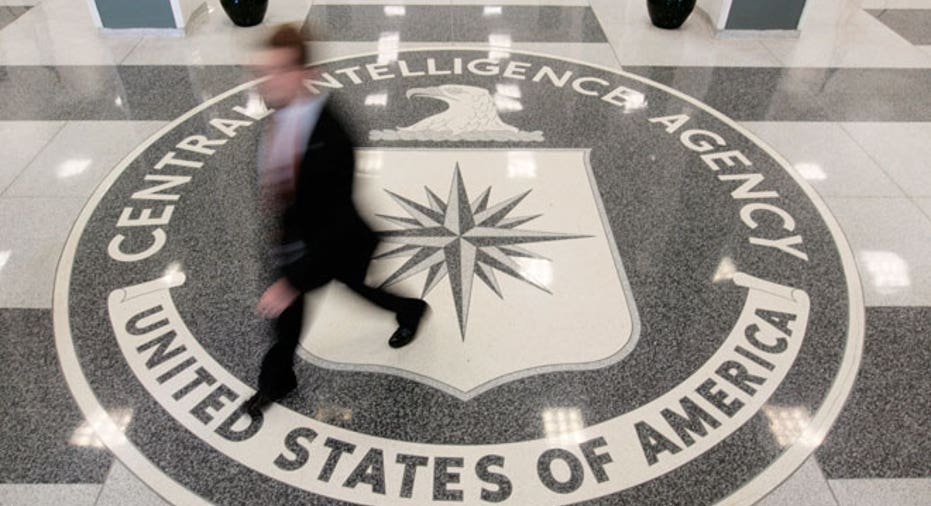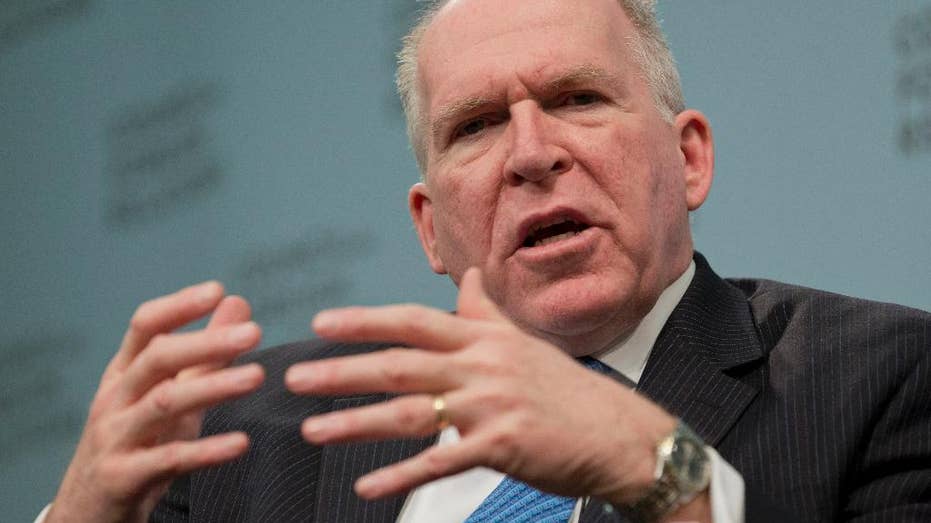The CIA's Problem: Subpar Spies

One year ago, CIA Director John Brennan announced sweeping changes at Langley, promising to reorganize the spy service by instituting a slew of bureaucratic fixes to its management structure.
Then on Thursday, the CIA acknowledged that it left explosive training material on a children’s school bus in northern Virginia.
Director Brennan’s otherwise laudable reforms have missed the mark in one important way: He’s focusing on changing the bureaucracy, not the bureaucrats. And the problem goes all the way to its fabled clandestine service – the spies.

When I worked as a covert officer at the CIA, I asked the recruitment center a simple question: “What do you look for in a successful candidate?”
The answer: “Well, think of the students that you knew in school. We can’t retain the ‘A’ or ‘B’ students… they eventually quit in frustration because of too many bad managers and too much bureaucracy. So… we look for the ‘C’ students now.”
“What do you look for in a successful candidate?” “Well, think of the students that you knew in school. We can’t retain the ‘A’ or ‘B’ students… they eventually quit in frustration because of too many bad managers and too much bureaucracy. So… we look for the ‘C’ students now.”
The CIA had started hiring average.
Make no mistake, the majority of my CIA peers were exceptional. Yet I knew that my colleague was right: We were losing the best and brightest because of a broken system that promoted the worst of us to positions of leadership and management. How?
The CIA promotes officers based on something called a “Performance Appraisal Report” (PAR). Basically, an employee lists their accomplishments and two supervisors provide final comments and a grade. A “good” PAR means you’re on your way to promotion. A “marginal” or “bad” PAR means you’re in trouble.
Unfortunately, the PAR system incentivizes spies to placate and please their supervisors at all costs. You quickly realize that you must avoid irritating or disagreeing with your senior chain of command or you will face reprisals. As a mentor once encouraged me, “If you suck up, you move up.”
The result for the CIA? A culture of “Yes Men” (and Women).
The result for America? Fewer smart spies in less effective teams that are taking on ever-more dangerous challenges. Simply put, America isn’t as safe as we need to be.
Organizational psychologists have long wrestled with what makes teams especially “good” and successful. Through careful study, though, we know how to get it done: An organization’s culture must encourage freedom of thought and expression, combined with social empathy. Team members must believe that it’s safe to speak up without fear of embarrassment, rejection or punishment.
In other words, the exact opposite of how the CIA operates.
Predictably, most of the A and B spies have fled. And Director Brennan – and the country – are left with C spies to keep America safe. Want more proof? Consider that the former director of the Iran Department, a man who was publicly shamed for his bad leadership and management, remains at the CIA to this day.
So how does Brennan fix this problem?
First, modify the PAR system to mirror 360 reviews, with peers, subordinates and supervisors each contributing with equal weight. In other words, the whole team decides performance and potential. No more incentivizing suck-ups.
Second, Brennan should give his department chiefs 60 days to assemble or re-assemble a team; Subordinates should be freed to go elsewhere and choose a new boss if they desire. Through this annual process, bad leaders will be smoked out when too few people want to join him or her. And if you can’t get enough people to join you, it’s time for you to quit or be fired. This “up or out” model is one adopted by the private sector and it’s time for the CIA to embrace it.
The bottom line: There are scores of truly gifted intelligence officers who want to protect their nation. But at some point, the best spies break under the weight of bad leadership. Brennan has an opportunity – indeed the obligation – to change this destructive culture.
America is depending on it.
Bryan Dean Wright is a former CIA officer. Follow him on @BryanDeanWright or at www.bryandeanwright.com



















